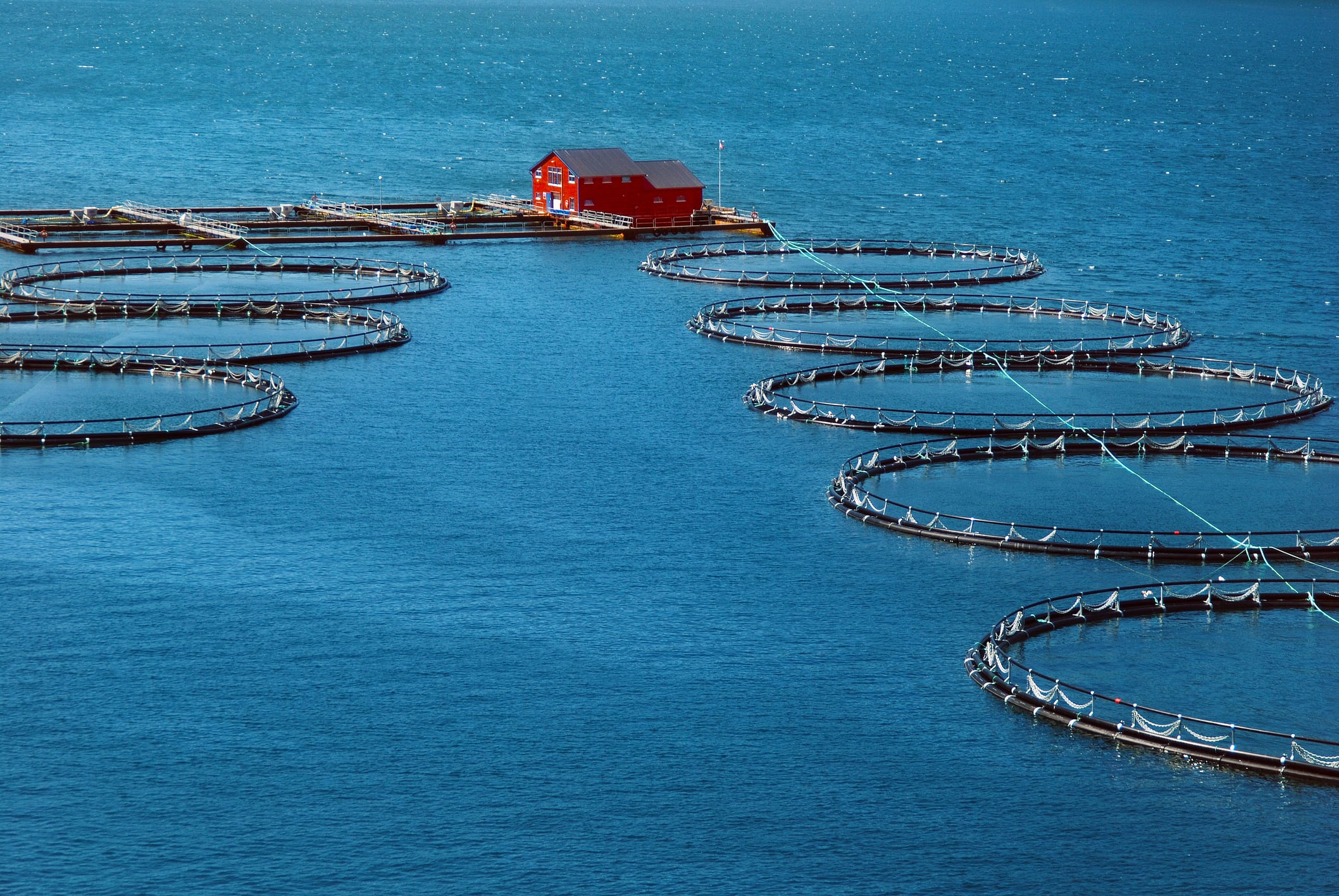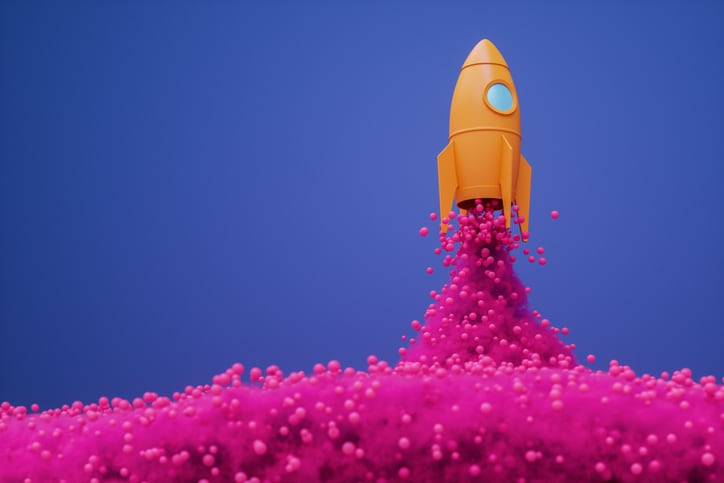In a landmark collaboration aimed at meeting the rising demand for sustainable aquafeed ingredients, WA3RM and BIO3 are set to develop a mycoprotein production facility at NorSea Atlantic, located in Averøy, Norway.
The factory will produce Pekilo mycoprotein, a protein source from side-streams, specifically targeted at the aquaculture feed industry.
BIO3 and Enifer: transforming byproducts into nutrition
The facility will utilize Enifer’s proprietary Pekilo production process, which transforms by-products from agricultural, food, and forestry industries into high-quality mycoprotein.
BIO3 will operate the factory, with CEO Sigmund Røeggen confirming that the company has secured licensing rights to Enifer’s innovative technology.
“Pekilo mycoprotein is an ideal drop-in ingredient for aquaculture feed, offering up to 65% protein content, a balanced amino acid profile, and added fiber,” said Røeggen. “Its neutral taste and color, combined with its versatility and nutritional value, make it a standout option for sustainable feed solutions.”
Financing green innovation
WA3RM will lead the financing for the project, combining green bonds and long-term debt arrangements in collaboration with key financial partners.
The project is part of WA3RM’s broader mission to support circular industrial processes that turn waste into valuable resources.
Benefits of Pekilo inclusion in salmon diets
The initiative builds on over 1.5 years of collaboration between BIO3 and Enifer.
Simo Ellilä, CEO and co-founder of Enifer, expressed enthusiasm for the venture, stating: “We’re thrilled WA3RM has joined forces with BIO3 to execute this project. We hope this collaboration will soon make Pekilo available to the salmon industry.”
Significant research contributions from the Norwegian University of Life Sciences (NMBU) and the Foods of Norway innovation center have also been instrumental.
Professor Margareth Øverland, director of Foods of Norway, told us her team provided critical data on the inclusion of Pekilo (filamentous fungi P. variotii) in salmon diets.
Research findings, now published in peer-reviewed journals, demonstrated the ingredient’s positive effects on pellet quality, nutrient digestibility, growth performance, health outcomes, and environmental impact.
“Based on our promising results, BIO3 decided to focus on Pekilo as its flagship product,” said Øverland. “Foods of Norway also played a pivotal role in facilitating the licensing agreement between BIO3 and Enifer.”
Scaling up sustainable protein production
The new facility represents a significant step toward meeting national and global sustainability goals in aquaculture. The Norwegian government has mandated that by 2034, all feed for farmed fish and livestock must originate from sustainable sources.
Røeggen noted: “Achieving this goal requires large-scale production of new feed ingredients. Our facility at NorSea Atlantic will demonstrate how agricultural and forestry side streams can be converted into high-quality, sustainable proteins.”
The facility will also serve as a proof of concept for WA3RM’s partnership with NorSea Group, which aims to leverage NorSea’s infrastructure to develop circular industry projects.
“Adding protein production to our food systems platform is yet another demonstration of the global potential of using by-products from industrial production as an enabler for a more sustainable future.
“The world urgently needs sustainable and scalable solutions to reduce the impact of food production for both humans and animals,” commented Jacques Eiljerskov, CEO of WA3RM.
Construction timeline
Phase 1 of BIO3’s production facility is set to begin construction in Q3 2025, with the first products expected to reach the market by Q3 2027.




